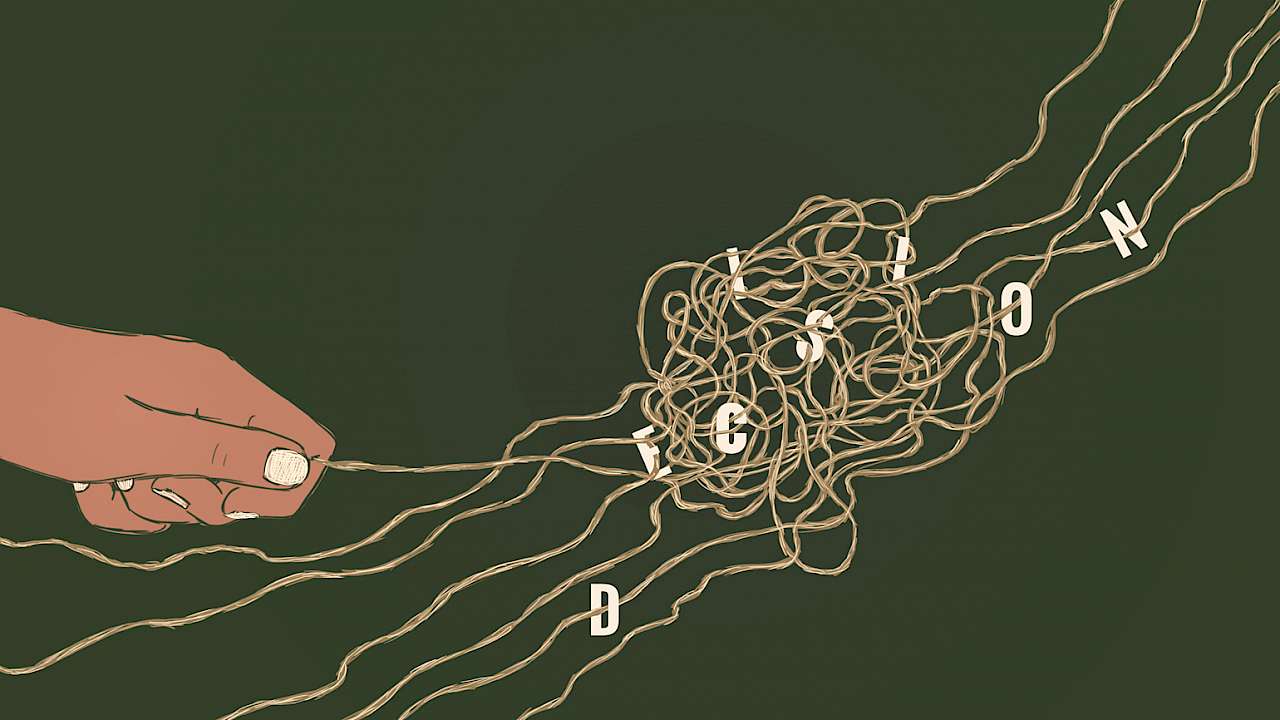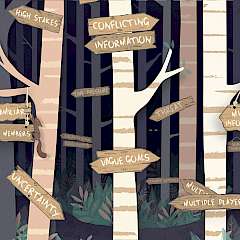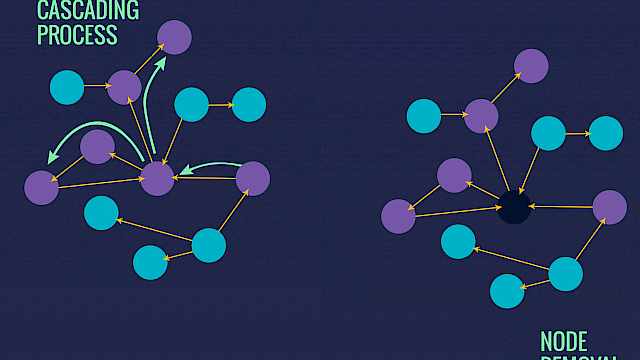NDM research emerged in the 1980s to study how people make decisions in complex real-world settings that are characterised by dynamic, uncertain, and rapidly changing conditions, and that require real-time decisions with significant consequences for mistakes. NDM methods emphasise descriptive studies conducted in field and operational workplace settings, complementing the controlled experimental studies that occur in the lab. It thus examines decision-making processes with the belief that, by examining what experienced people do cognitively well, research in this community can tap into this tacit knowledge – what experts implicitly ‘know’.
NDM researchers document and share the insight they derive widely through experiential training that is ecologically representative and has functional and psychological fidelity. Research has been used to improve performance, revise doctrine and processes, develop training that is focused on decision requirements, and design information technologies to support decision making and related cognitive functions. The range of organisational contexts researched includes complex high-reliability domains such as military, aviation, health, sport, engineering, security and intelligence, to name but a few.
Some of the central challenges addressed by NDM research include ill-structured problems; uncertain dynamic environments; shifting, ill-defined or competing goals; action/feedback loops; time stress; high stakes; multiple players; and organisational goals and norms.
Research informed by NDM is currently aiding the criminal and intelligence services. Expert analysts tend to be people who have had decades of experience, often in diverse situations, which is consistent in expertise studies. While there has been considerable research in understanding the process of sense-making in criminal intelligence analysis, there remain gaps in our understanding of how to move from documenting and eliciting sense-making activities to the rigour of how arguments are constructed. Using cognitive task analysis methods developed by the NDM community, this work has outlined some of the considerations and strategies deployed during the analysis process, which can strengthen the analytical evidence base for practitioners.
The international NDM community is one of the most established decision research networks who have examined uncertainty for the past three decades. We also welcome nascent decision-making networks developing in the area of uncertainty; these networks are complementary and focus upon multi-disciplinary perspectives which include NDM.
There is much more research to be completed to examine the complexities of professional decision expertise, and we are looking forward to continuing to aiding and advancing academic and practitioner understanding.
Co-author Gareth Conway works for the UK's Ministry of Defence (MOD). All views expressed in this article are those of the author and are not made in any official capacity as a civil servant in the MOD
Copyright Information
As part of CREST’s commitment to open access research, this text is available under a Creative Commons BY-NC-SA 4.0 licence. Please refer to our Copyright page for full details.
IMAGE CREDITS: Copyright ©2024 R. Stevens / CREST (CC BY-SA 4.0)






